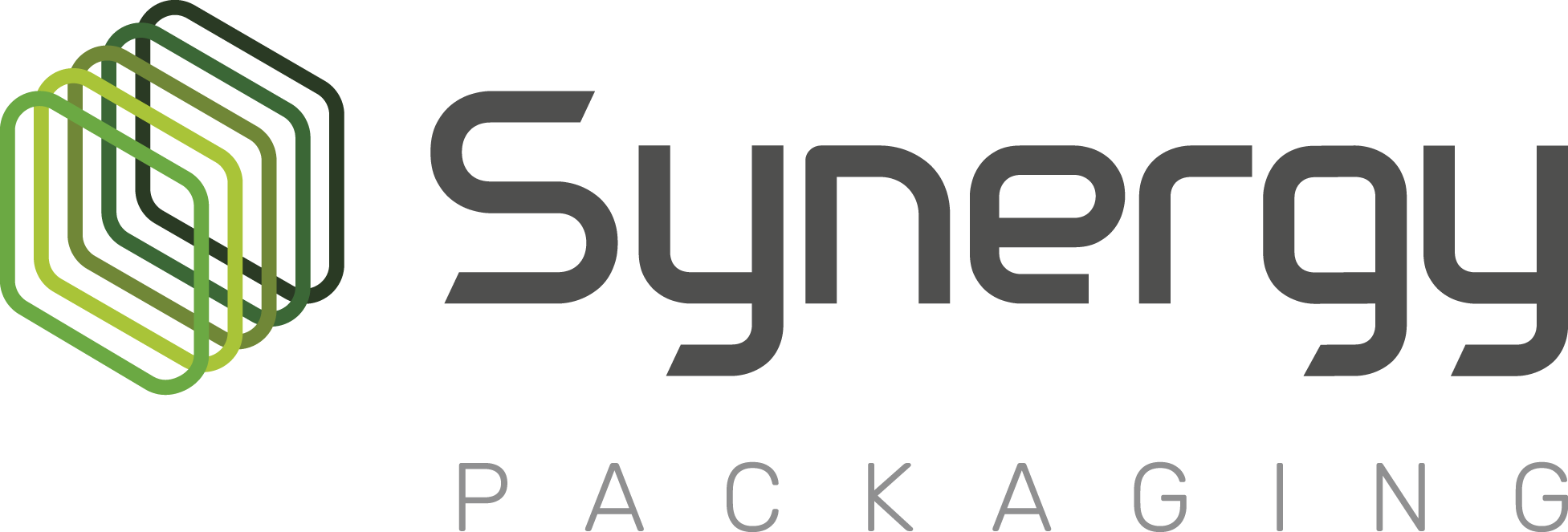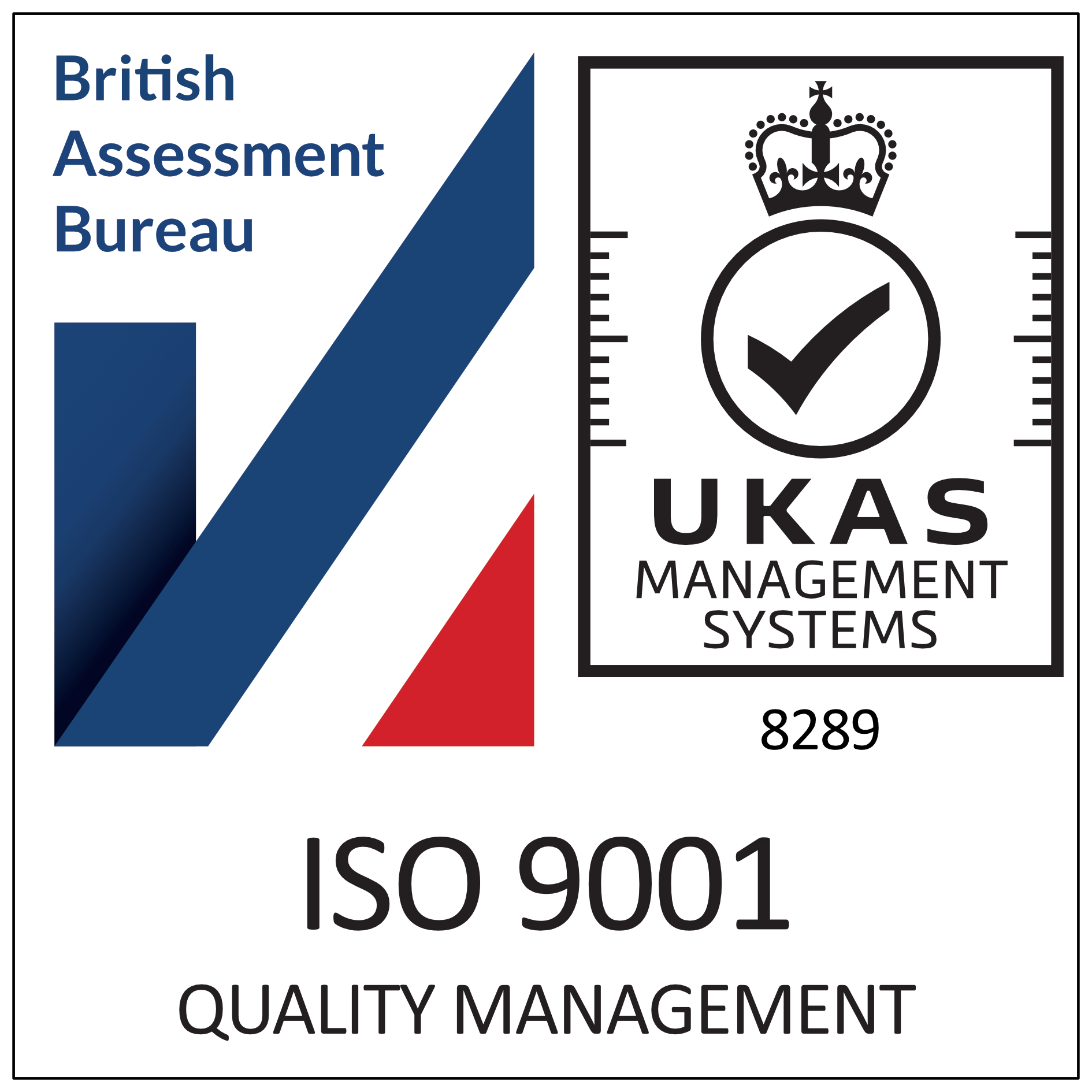Automotive & Aerospace
Save Up To 20% Off Your Transportation & Shipping Costs With Our Bespoke Packaging Solutions.
Automotive and aerospace components are often large, heavy and complex, and require specialised packaging solutions to ensure safe and efficient transport and storage. At Synergy Packaging, we understand the unique challenges of automotive and aerospace packaging, and offer a range of bespoke solutions to meet the specific needs of our clients. Our team of experienced professionals can work with you to develop customised packaging solutions that provide the necessary protection and support for your components, while also maximising efficiency and minimising costs. Whether you require primary, secondary or tertiary packaging, we have the expertise and resources to help you achieve your goals.



Why You Should Experience Bespoke Automotive & Aerospace Packaging Solutions with Synergy?
Synergy Packaging is the ideal partner for your automotive and aerospace bespoke packaging needs for several reasons:
Customisation: We understand that every automotive and aerospace component is unique, and requires a tailored packaging solution. Our team of experienced professionals can work with you to design and develop customised packaging solutions that meet your specific needs and requirements.
Specialised expertise: We have extensive experience in providing packaging solutions for the automotive and aerospace industries, and understand the unique challenges and requirements of these sectors. We use our specialised expertise to deliver packaging solutions that are tailored to your needs and optimised for your industry.
Quality materials: We use high-quality materials in our packaging solutions which are carefully selected to ensure that your components are well-protected during transport and storage. These include polyethylene foam, polyurethane foam, wood fibre foam, corrugated any many more.
Cost-effective: Our bespoke packaging solutions are designed to maximise efficiency and minimise costs, while still providing the necessary protection for your components. This ensures that you get the best value for your investment.
Customer service: We are committed to providing excellent customer service, and work closely with our clients to ensure that their packaging needs are met. We are responsive, flexible and always willing to go the extra mile to ensure customer satisfaction.
By choosing Synergy Packaging for your automotive and aerospace bespoke packaging needs, you can be assured of receiving high-quality, cost-effective solutions that are tailored to your unique requirements.

Don't trust us. Trust them...

Some of our automotive & aerospace
packaging solutions.

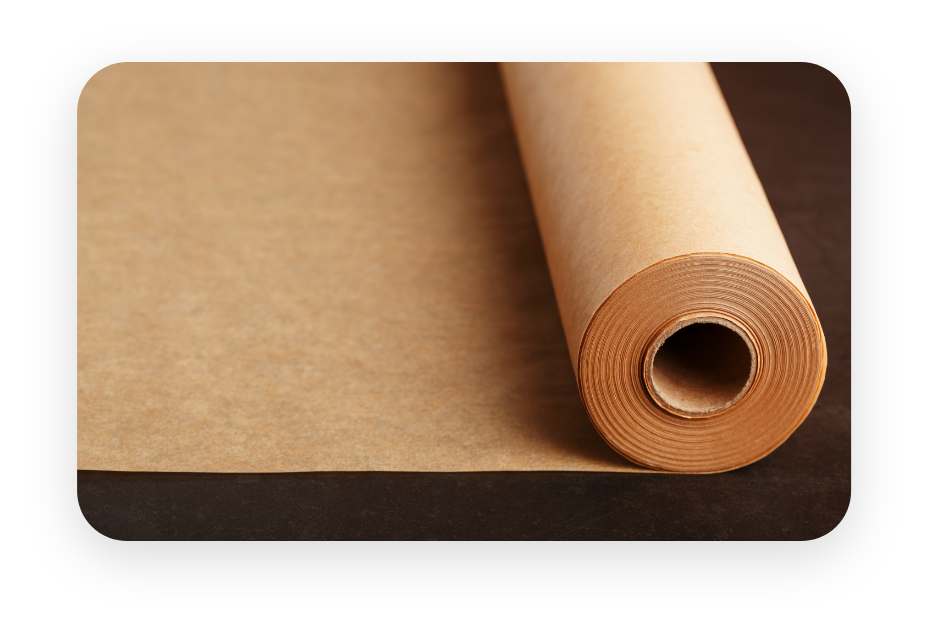
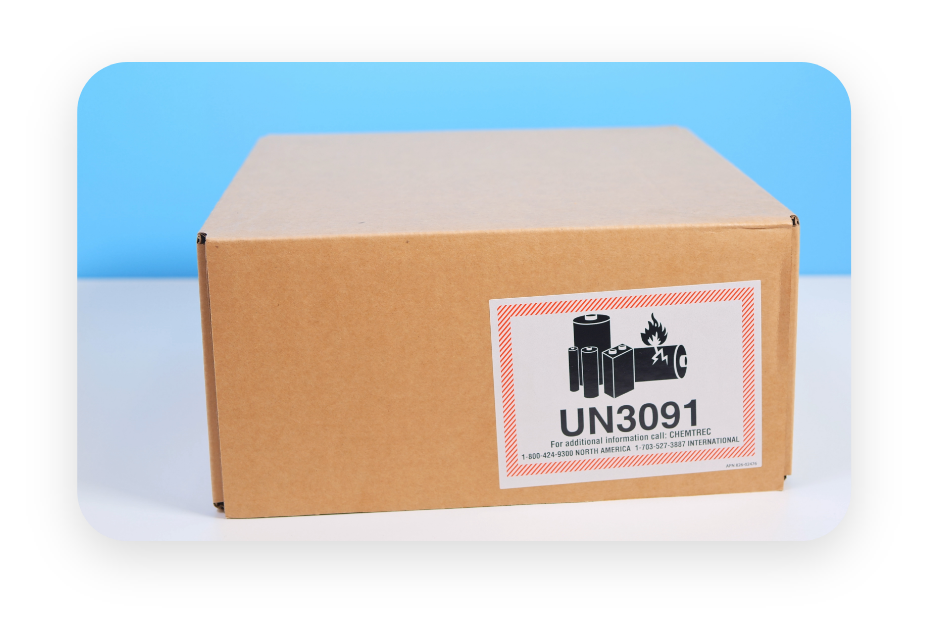
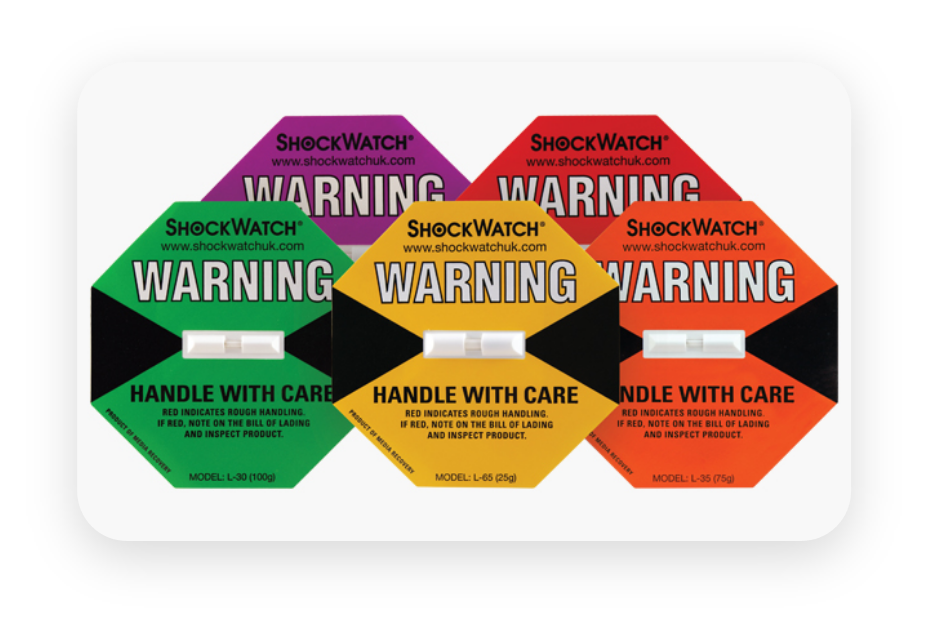
Automotive & Aerospace Case Studies
Automotive
Discover how an automotive manufacturing company uses Synergy's cost-effective bespoke packaging solution to solve product damage in their supply chain.
Little bit about Synergy Packaging.

At Synergy Packaging we are committed to protecting the worlds finite resources and to ensure that all of our solutions have a positive impact on the environment. Within our Research and Development Centre, our Packaging Experts are constantly evaluating and testing new materials whilst further enhancing our current range of packaging solutions to ensure that they are of the highest level of performance but the lowest level of impact on the environment.
Synergy’s in-house research and development team provides your company with an advantage over rivals. How you ask? With our extensive knowledge of the packaging industry we can offer innovative, bespoke solutions that use the most cutting edge packaging materials to give your product the maximum protection whilst using the minimum packaging material.
We don't like to blow our own trumpet. But our clients do love us and these are some of the many benefits we've been able to help them with:
Decreased logistics and transportation costs due to minimised package cube size and reduced damages
- Slick and easy process from start to finish
- Fast lead and delivery times on packaging products.
- Minimised product damage and a decrease in logistics and transportation costs of products.
- Decreased logistics and transportation costs due to minimised package cube size and reduced damages
There are very few businesses in the packaging industry that provide fast, quality manufacturing of packaging but at Synergy we have invested in our people and our manufacturing equipment to ensure that your orders are processed as quickly as possible whilst ensuring that quality always remains high. With this investment, we can also increase the speed in which you receive your packaging delivery, this is just one of many reasons that our clients choose us every time.
In the automotive and aerospace industries, there are three types of packaging: primary, secondary, and tertiary packaging.
Primary packaging is the packaging that directly contains the product or component, such as a plastic bag or custom foam inserts.
Secondary packaging is the outer packaging that contains the primary packaging, such as a cardboard box, crate or pallet.
Tertiary packaging is the packaging used for bulk transportation and storage of the secondary packaging, such as a shipping container or storage warehouse.
Each type of packaging is important for protecting and transporting automotive and aerospace components and ensuring their safe arrival at their final destination. Synergy Packaging offers customised solutions for each type of packaging, designed to meet the specific needs of our clients in the automotive and aerospace industries.
The materials used in automotive and aerospace packaging vary depending on the specific needs of the product being transported or stored. However, some common materials used in these industries include:
Foam: Foam is often used as a protective cushioning material for automotive and aerospace components, as it can absorb impact and prevent damage during transit.
Cardboard: Cardboard is a common material used for secondary packaging, as it is lightweight, cost-effective, and can be easily recycled.
Metal: Metal packaging, such as crates and pallets, is often used for heavy or bulky components that require extra strength and durability during transportation.
Plastic: Plastic is used in a variety of forms in automotive and aerospace packaging, such as shrink wrap, bags, and containers, as it is lightweight, flexible, and resistant to moisture and other environmental factors.
Composite materials: Composite materials, such as laminates or reinforced plastics, are used for packaging components that require a high degree of strength, rigidity, or protection from environmental factors.
At Synergy Packaging, we work closely with our clients to determine the best materials for their specific packaging needs, based on factors such as product fragility, weight, and environmental conditions. Our goal is to provide the most effective packaging solutions for our clients in the automotive and aerospace industries, while also minimising waste and promoting sustainability.
The automotive and aerospace industries rely heavily on packaging to protect and transport their components, so it is important to avoid common pitfalls and errors in packaging. Some of the most common issues with automotive and aerospace packaging include:
Insufficient protection: If packaging does not adequately protect components during transportation, it can lead to damage and costly repairs or replacements.
Inadequate labelling: Proper labelling is critical for transportation and storage, as it helps to identify the contents of each package and ensure they are handled correctly.
Incorrect sizing: Packaging that is too large or too small for the components can cause damage or unnecessary waste.
Poor quality control: Inconsistencies in packaging materials or assembly can result in inconsistent protection and quality issues during transportation.
Ignoring regulatory requirements: Failure to comply with regulatory requirements for transportation, storage, and handling can result in fines, legal issues, and damage to the reputation of the company.
At Synergy Packaging, we take a collaborative approach with our clients to ensure that their packaging solutions meet regulatory requirements, are appropriately sized, and provide optimal protection for their components. Our team of packaging experts works closely with clients to provide customised solutions designed to meet their specific needs and challenges in the automotive and aerospace industries.
In the UK, the automotive and aerospace industries are subject to a variety of regulations and standards related to packaging, transportation, and storage. Some of the key regulations and standards that apply to automotive and aerospace packaging in the UK include:
Dangerous Goods Regulations (DGR): These regulations outline the safe transport of hazardous materials by air, and apply to packaging and labelling of these materials.
International Air Transport Association (IATA): IATA provides guidelines for packaging, labelling, and transporting dangerous goods, as well as non-hazardous materials.
British Standards Institution (BSI): BSI provides standards and guidelines for packaging and transportation of materials, including automotive and aerospace components.
Waste Electrical and Electronic Equipment (WEEE) Directive: The WEEE Directive requires the safe and environmentally responsible disposal of electronic equipment, and applies to the packaging and transportation of such equipment.
At Synergy Packaging, we work closely with clients in the automotive and aerospace industries to ensure that their packaging solutions comply with all relevant regulations and standards. Our team stays up-to-date with changing regulations to ensure that our clients remain in compliance and avoid potential legal and reputational issues.
Automotive and aerospace companies are increasingly focused on sustainability in their operations, including their packaging. To ensure that their packaging is sustainable, these companies may take a number of steps, including:
Material selection: Automotive and aerospace companies may choose to use materials that are renewable, biodegradable, or recyclable in their packaging solutions, such as cardboard, paper, or bioplastics.
Packaging design: Companies may work to reduce the amount of packaging used, as well as its weight, by designing custom packaging solutions that are tailored to their specific products. This can help to reduce waste and lower shipping costs.
Reuse and recycling: Companies may also look for ways to reuse packaging materials or recycle them at the end of their lifecycle. This can help to reduce waste and minimize the environmental impact of the packaging.
Supply chain collaboration: Automotive and aerospace companies may collaborate with their packaging suppliers and other supply chain partners to identify ways to reduce waste, improve packaging sustainability, and promote environmental best practices.
At Synergy Packaging, we work with automotive and aerospace companies to develop custom packaging solutions that are tailored to their specific needs and sustainability goals. We offer a range of sustainable packaging options, including biodegradable and recyclable materials, as well as custom designs that minimise waste and maximise efficiency.
Stay ahead of your industry.
Read the latest industry insights including new emerging technology and helpful tips within your industry.
Ready to get started?
Need custom, sustainable packaging for your automotive & aerospace products? Choose Synergy Packaging. Our team will exceed your expectations with innovative packaging designs.
